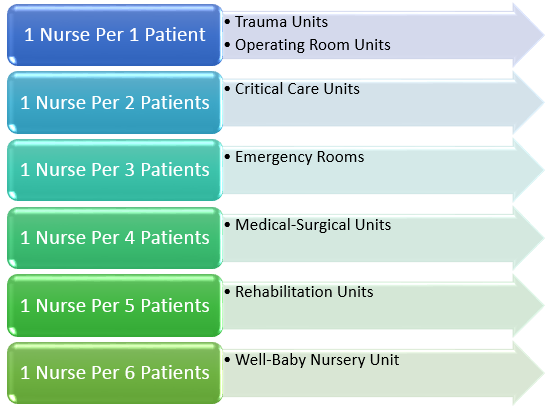Bill Proposed to Regulate Nurse-to-Patient Ratio Requirements
Senator Barbara Boxer (D-CA) introduced to S.739 to amend the Public Health Service Act to regulate the staffing ratio of nurse-to-patient requirements in hospitals. This bill would give the government the power to audit and penalize hospitals that fail to meet the minimum requirements. S.739 would only apply to any hospital across the country that participates in Medicare and Medicaid.
The official title for S.739 is “A bill to amend the Public Health Service Act to establish direct care registered nurse-to-patient staffing ratio requirements in hospitals, and other purposes.” It was introduced on 4/16/2013 and has been referred to the Committee on Health, Education, Labor, and Pensions.
Sen. Boxer presented a similar bill in 2012 that failed to advance through Congress. In last year’s version, hospitals would periodically be audited by the government to ensure that the requirements were being met. Failure to meet the requirements could be met with civil penalties of upwards of $25,000 per hospital for knowingly violating the law and individuals could also be fined up to $20,000 per violation.
The proposed nurse-to-patient requirements are as follows:
According to last year’s bill, hospitals cannot meet the requirements by averaging the number of patients in these facilities. Other aspects covered included the prevention mandatory overtime to meet the new regulations and included special whistle blower protects for nurses who reported violations. It also allowed for exemptions during emergency situations.
The proposal requires hospitals to post the requirements and to keep records of actual nurse-to-patient ratios for the prior two years.
What We Think About Nurse-to-Patient Ratios
Senator Boxer’s proposal has long been coming and should be passed. The idea of providing such regulations to ensure the health and safety of the patients as well as help the tireless dedication of the nurses is a long time coming. Contact your Senator and Congressperson to get behind this bill.










